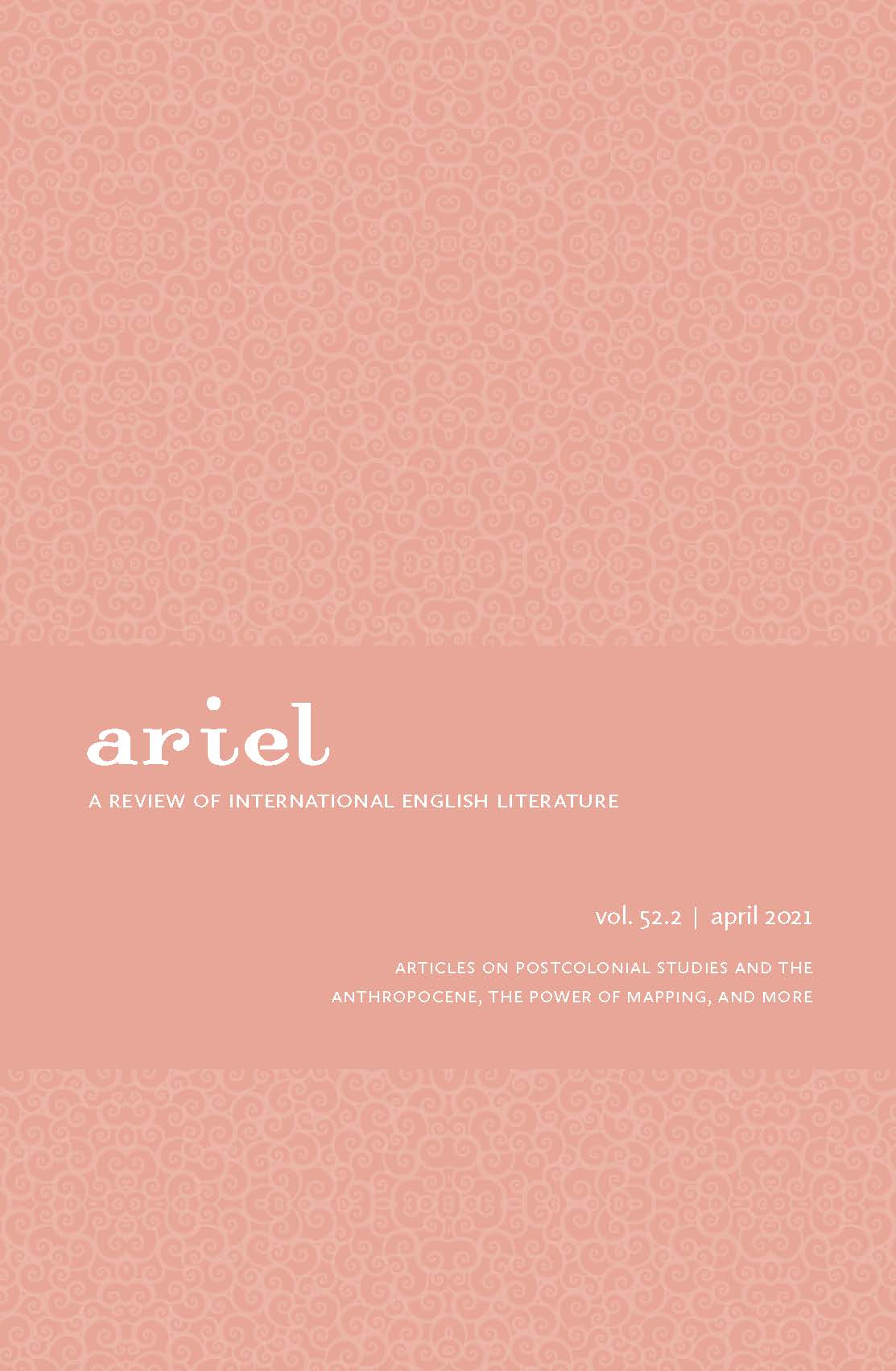The Language of Ireland’s Six-Inch Map: Theorizing Standardization in Brian Friel’s Translations
Keywords:
Ordnance Survey, Irish literature, colonialism, cartography, namingAbstract
Although Brian Friel’s Translations (1980) dramatizes the process of linguistic standardization undertaken by the nineteenth century Ordnance Survey of Ireland, scholars have yet to use standardization as a conceptual lens for reading the play. Building on Jonathan H. Grossman’s argument for standardization as a paradigm for literary study, my reading shifts our focus from what standardization erodes (the emphasis of existing scholarship) to how it works. By revealing standardization’s mechanics, the play both undermines the map’s authority and uncovers what makes it an effective instrument so as to claim its power for the very communities it has marginalized. Its critical insight is that the standardized topographic map technically treats Irish and English names equivalently, a revelation that allows Friel’s characters to appropriate the map’s logic for a project of Irish cultural repossession. Learning the new place-names morphs into a metaphor for the development of an Irish English idiom, or a uniquely Irish form of English that could serve as a linguistic home for not only Baile Beag’s dispossessed but also the cultural exiles of Friel’s fraught political moment. Translations offers a case study for how the concept of standardization might inform future postcolonial literary analysis.


